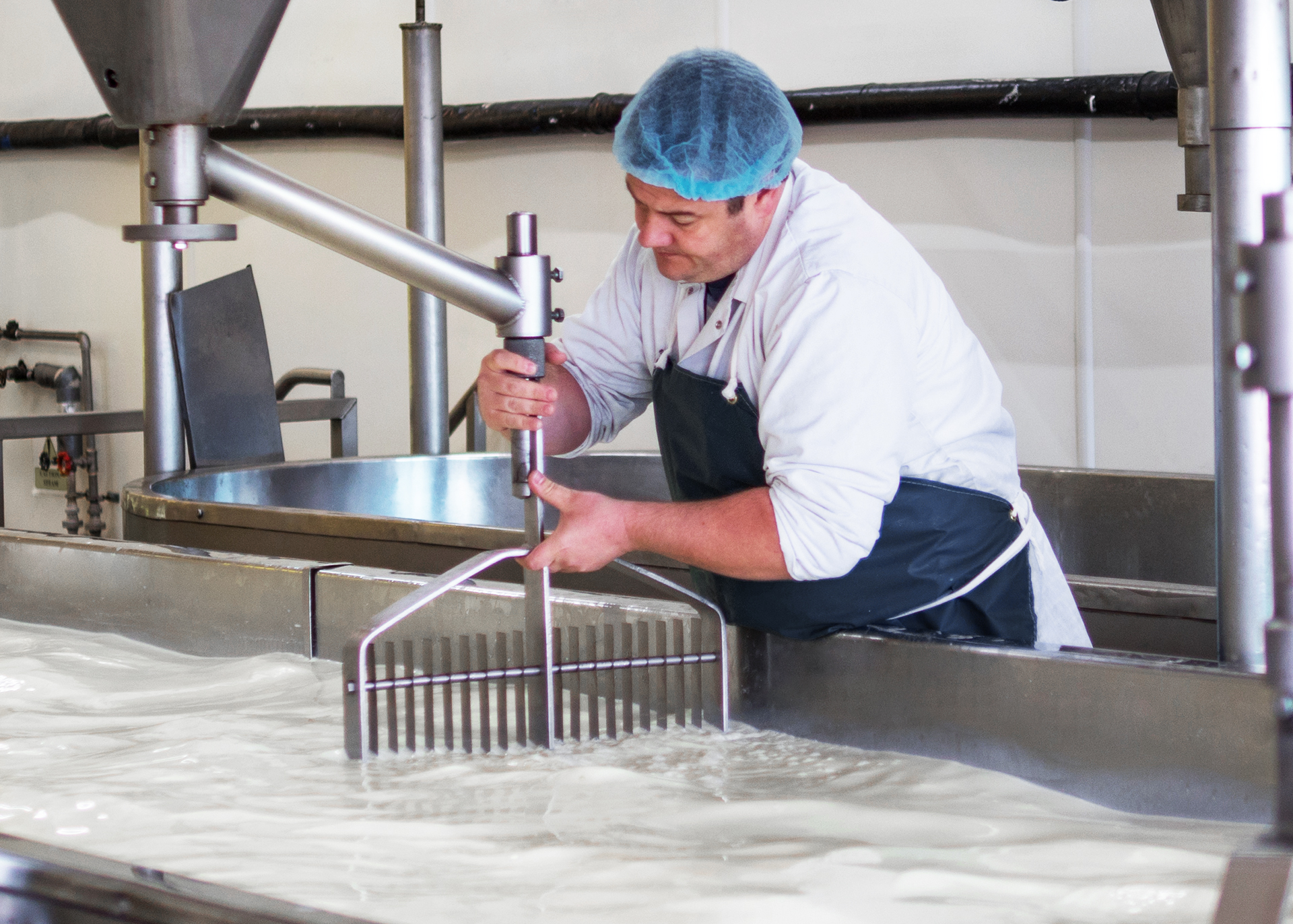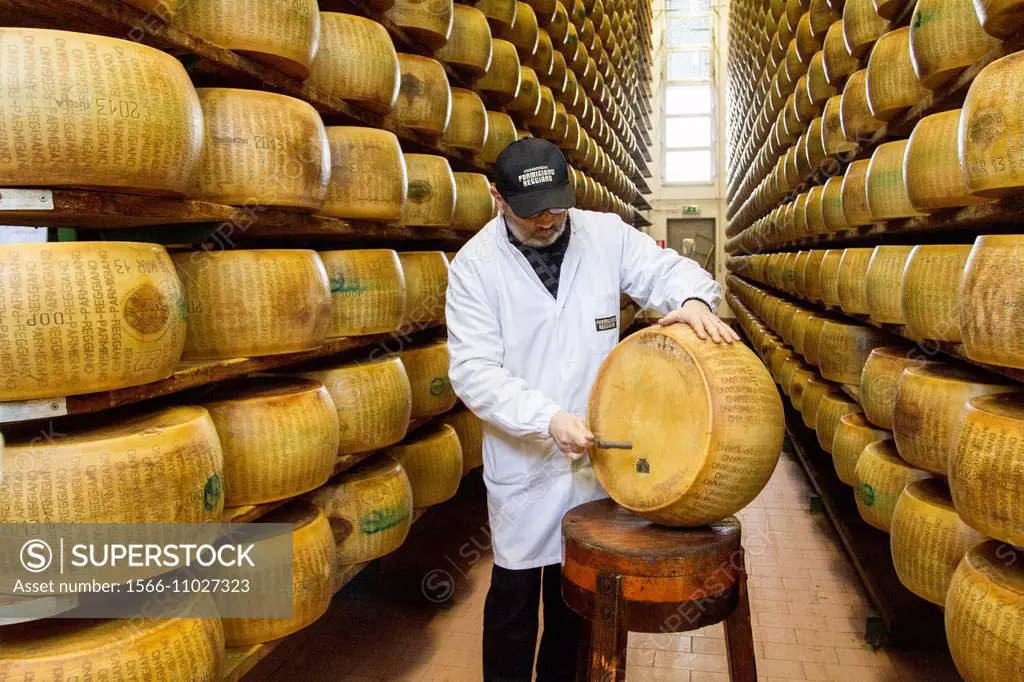Discover the Top Cheese Factory Melbourne for Fresh Creations
Discover the Top Cheese Factory Melbourne for Fresh Creations
Blog Article
An In-Depth Consider Cheese Production: Active Ingredients, Techniques, and the Future of Artisan Cheeses
The detailed process of cheese manufacturing is a remarkable convergence of art and scientific research, where top notch milk, rennet, and particular microbial cultures function as fundamental elements. Typical techniques, such as salting and aging, are enhanced by contemporary technologies that reply to evolving consumer choices. As the industry significantly prioritizes sustainability and transparency, the future of artisan cheeses assures to show both heritage and progression. Understanding the subtleties of these techniques raises engaging inquiries regarding the instructions of cheese production and its ramifications for top quality and authenticity. What lies in advance in this advancing landscape?
Key Active Ingredients in Cheese Manufacturing
A variety of crucial ingredients play a critical function in cheese manufacturing, each adding to the end product's flavor, texture, and character. The key ingredient in cheese is milk, which can come from various sources, including cows, goats, and sheep - cheese store melbourne. The sort of milk utilized dramatically affects celebrity's preference and uniformity; for circumstances, cow's milk commonly produces creamier cheeses, while goat's milk often produces tangy varieties
An additional important component is rennet, an enzyme utilized to curdle the milk, separating it into curds and whey. The source of rennet can be animal, vegetable, or microbial, each presenting distinctive features to celebrity. Cultures, including particular strains of bacteria, are additionally important to the cheese-making procedure. They ferment lactose into lactic acid, aiding in taste growth and structure.
Salt not just improves the flavor yet likewise serves as a chemical, preventing the growth of unwanted germs. Additionally, numerous flavor agents, such as natural herbs, spices, or perhaps smoked timber, can be added to create distinct artisanal cheeses. With each other, these active ingredients develop the foundation of cheese manufacturing, establishing the stage for diverse and rich cheese selections.
Traditional Cheese-Making Methods
Making use of conventional cheese-making strategies, craftsmens around the globe preserve time-honored approaches that have been given through generations. These techniques frequently stress making use of high-grade, locally sourced milk, which is main to the unique tastes and textures of artisanal cheeses. The process typically begins with the mindful heating of milk, complied with by the enhancement of cultures and rennet to help with coagulation.
When the curds develop, they are cut, allowing whey to drain, an important action that influences moisture material and structure. Salting is a vital aspect of this process, improving taste while additionally acting as a chemical.
Aging, or affinage, is an additional important part, throughout which cheeses establish their characteristic scents and tastes. Artisans might utilize certain aging environments, utilizing moisture and temperature controls to improve celebrity's account. The dedication to these conventional approaches not just supports local economies however likewise adds to the rich variety of cheese ranges found globally, commemorating social heritage and artisanal craftsmanship.
Modern Developments in Cheese Manufacturing
How have technical advancements transformed cheese production in current years? The assimilation of modern technology has actually revolutionized both the effectiveness and quality of cheese production.
Furthermore, innovations in microbiology have allowed cheesemakers to pick specific bacterial societies and enzymes, enhancing taste accounts and improving life span. Using sensor modern technology for keeping track of fermentation problems has likewise become common, allowing for real-time changes to keep optimal environments for cheese aging.

These advancements not only enhance the top quality and sustainability of cheese production but additionally equip craftsmen producers to maintain typical flavors while welcoming modern performance. As innovation proceeds to progress, the future of cheese production looks promising, mixing tradition with technology.
The Duty of Terroir in Cheese
In the official site realm of cheese manufacturing, terroir plays a pivotal duty in defining the distinct qualities of numerous cheeses. Terroir, a French term typically related to red wine, includes the environmental variables that influence farming products, including dirt composition, environment, and local vegetation and animals. In cheese-making, the distinct features of the region where the milk is sourced can impart details flavors and structures to the end product.
For example, the grazing problems of milk animals substantially influence the milk's composition, influenced check out here by the kinds of yards and herbs offered in a certain area. This varies not only between countries but also in between areas within the exact same nation. Furthermore, the microbial communities present in the environment add to the fermentation processes, resulting in diverse profiles in taste and fragrance.
Cheeses such as Roquefort, Parmigiano-Reggiano, and Cheddar exhibit how terroir can form their identities, making them distinctive and often safeguarded by geographical indications. As producers progressively acknowledge the value of terroir, there is an expanding focus on sourcing regional ingredients and keeping standard methods, ensuring that each cheese truly reflects its beginning.

Future Patterns in Artisan Cheeses
A notable change is happening in the artisan cheese field, driven by progressing consumer choices and technological innovations. Progressively, customers are inclining distinct, high-quality items that highlight both sustainability and regional sourcing - cheese shop melbourne. This trend is motivating artisan cheesemakers to innovate, concentrating on small-batch manufacturing and making use of traditional methods while incorporating modern technology to improve top quality and safety
Moreover, there is an expanding interest in plant-based and different milk items, pushing traditional cheesemakers to check out new methods, such as cashew or almond-based cheeses. This change not only deals with dietary limitations however also lines up with ecological issues regarding animal farming.
Furthermore, transparency in sourcing and production processes is coming to be extremely important. Consumers are more informed and need traceability, prompting manufacturers to adopt clearer labeling techniques and engage in narration that highlights their methods Discover More Here and values.
Verdict
Finally, the detailed process of cheese production blends typical strategies with modern technologies, resulting in a diverse array of flavors and textures. The emphasis on top notch ingredients and the influence of terroir highlight the virtuosity involved in cheese manufacturing. As the industry advances, a concentrate on sustainability and transparency will likely shape the future of artisan cheeses, accommodating an increasingly discerning customer base that values credibility and workmanship in dairy products.
Report this page